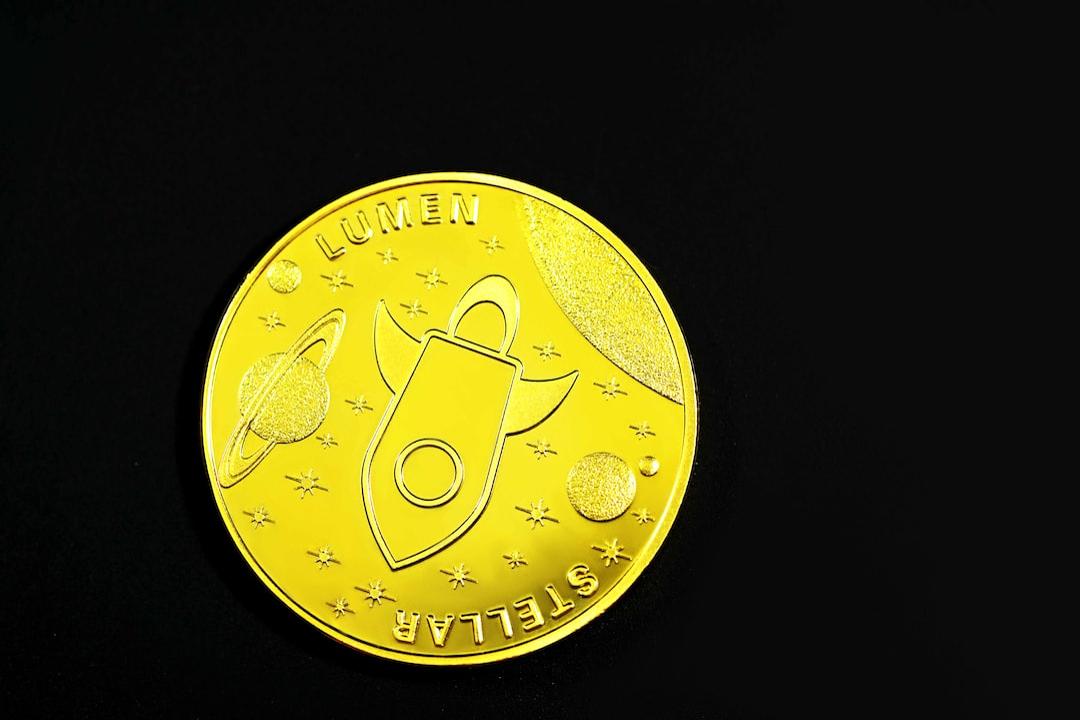Disclaimer: The author’s views and opinions expressed in this article are their own and do not represent the views and opinions of crypto.news’ editorial team.
In the iconic opening sequence of the movie Blade Runner, a character named Holden administers a fictional version of the Turing test to determine if Leon is a replicant, a humanoid robot. Holden tells Leon a story to evoke an emotional response, asking him to imagine encountering a crawling tortoise in the desert. As Holden continues the story, Leon becomes increasingly agitated, revealing his lack of humanity.
While we are not yet in a Blade Runner-like scenario in real life, the integration of AI and machine learning into our daily lives raises the need for assurance that the AI models we use are genuine. This is where zero-knowledge proofs come into play. Zero-knowledge proofs enable one party to prove to another that a specific computation was executed correctly without revealing the actual data or requiring the verifier to redo the calculations. It’s similar to verifying a sudoku solution without having to solve the puzzle again.
This property of zero-knowledge proofs is particularly valuable when computational tasks are performed off-chain to prevent network overload and high fees. With zero-knowledge proofs, these off-chain tasks can still be verified without burdening blockchains, which have computational limitations due to the need for all nodes to verify each block. In essence, we need zero-knowledge cryptography to securely and efficiently scale AI and machine learning.
Machine learning, a subset of AI, is known for its high computational demands. It requires extensive data processing to simulate human adaptation and decision-making. ML models have the potential to revolutionize various industries, from image recognition to predictive analytics. However, they also push the limits of computation. So how do we verify that ML models are authentic using blockchains, where on-chain operations can be costly?
We need a reliable way to trust AI models, ensuring that they haven’t been tampered with or falsely represented. While it may not be catastrophic if a chatbot’s responses about sci-fi films decline in quality, industries like finance and healthcare require accuracy and reliability. A single mistake in these fields could have severe global economic consequences.
This is where zero-knowledge proofs play a crucial role. By leveraging zero-knowledge proofs, ML computations can be performed off-chain while maintaining on-chain verification. This opens up new possibilities for deploying AI models in blockchain applications. Zero-knowledge machine learning (ZKML) enables cryptographic verification of ML algorithms and their outputs while keeping the algorithms themselves private. This bridges the gap between AI’s computational demands and blockchain’s security guarantees.
One exciting application of ZKML is in decentralized finance (DeFi). Imagine a liquidity pool where an AI algorithm manages asset rebalancing to maximize yield and continuously refines its trading strategies. ZKML can perform these calculations off-chain and use zero-knowledge proofs to ensure that the ML model is legitimate, rather than an alternative algorithm or someone else’s trades. Additionally, ZK can protect users’ trading data, preserving financial confidentiality even when using public ML models. The result is secure AI-driven DeFi protocols with verifiability through zero-knowledge proofs.
As AI becomes increasingly central to human activity, concerns about tampering, manipulation, and adversarial attacks rise. AI models, especially those involved in critical decision-making, must be resistant to attacks that could compromise their outputs. We not only want AI applications to be safe in the traditional sense, ensuring models behave predictably, but also to create a trustless environment where the models themselves are easily verifiable.
In a world where AI models are proliferating, our lives are increasingly guided by AI. With the growing number of models, the risk of compromising their integrity becomes more significant. This is especially concerning when the output of an AI model may not be what it appears to be.
By integrating zero-knowledge cryptography into AI, we can begin building trust and accountability in these models. Similar to an SSL certificate or security badge in your web browser, there may soon be a symbol for AI verifiability, guaranteeing that the model you interact with is genuine.
In Blade Runner, the Voight-Kampff test aimed to differentiate replicants from humans. Today, as we navigate an AI-driven world, we face a similar challenge of distinguishing authentic AI models from potentially compromised ones. In the world of crypto, zero-knowledge cryptography could serve as our Voight-Kampff test, a robust and scalable method to verify the integrity of AI models without compromising their inner workings. This ensures that the AI guiding our digital lives is precisely what it claims to be.
Read more: Connect people and platforms: The identity-first path to decentralization | Opinion
Rob Viglione is the co-founder and CEO of Horizen Labs, the development studio behind several leading web3 projects, including zkVerify, Horizen, and ApeChain. Rob is deeply interested in web3 scalability, blockchain efficiency, and zero-knowledge proofs. He focuses on developing innovative solutions for zk-rollups to enhance scalability, create cost savings, and drive efficiency. Rob holds a Ph.D. in Finance, an MBA in Finance and Marketing, and a Bachelor’s degree in Physics and Applied Mathematics. He currently serves on the Board of Directors for the Puerto Rico Blockchain Trade Association.

